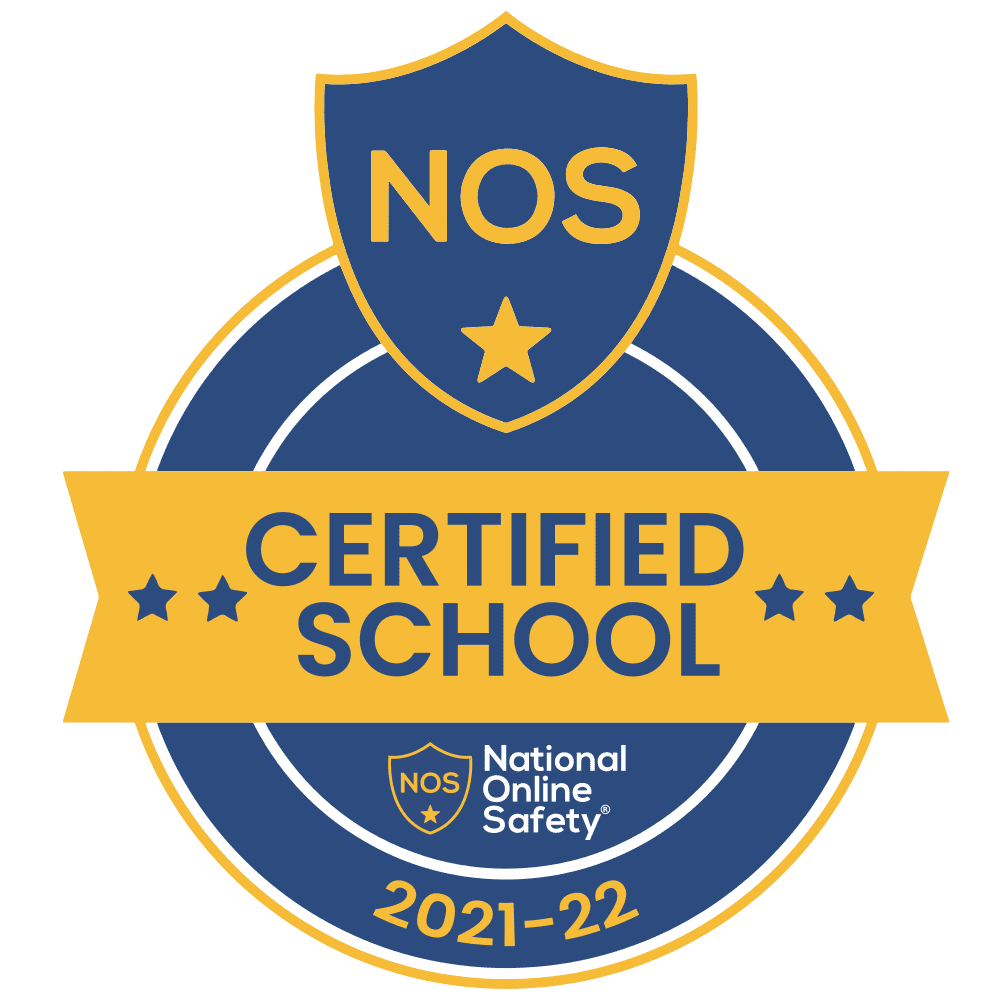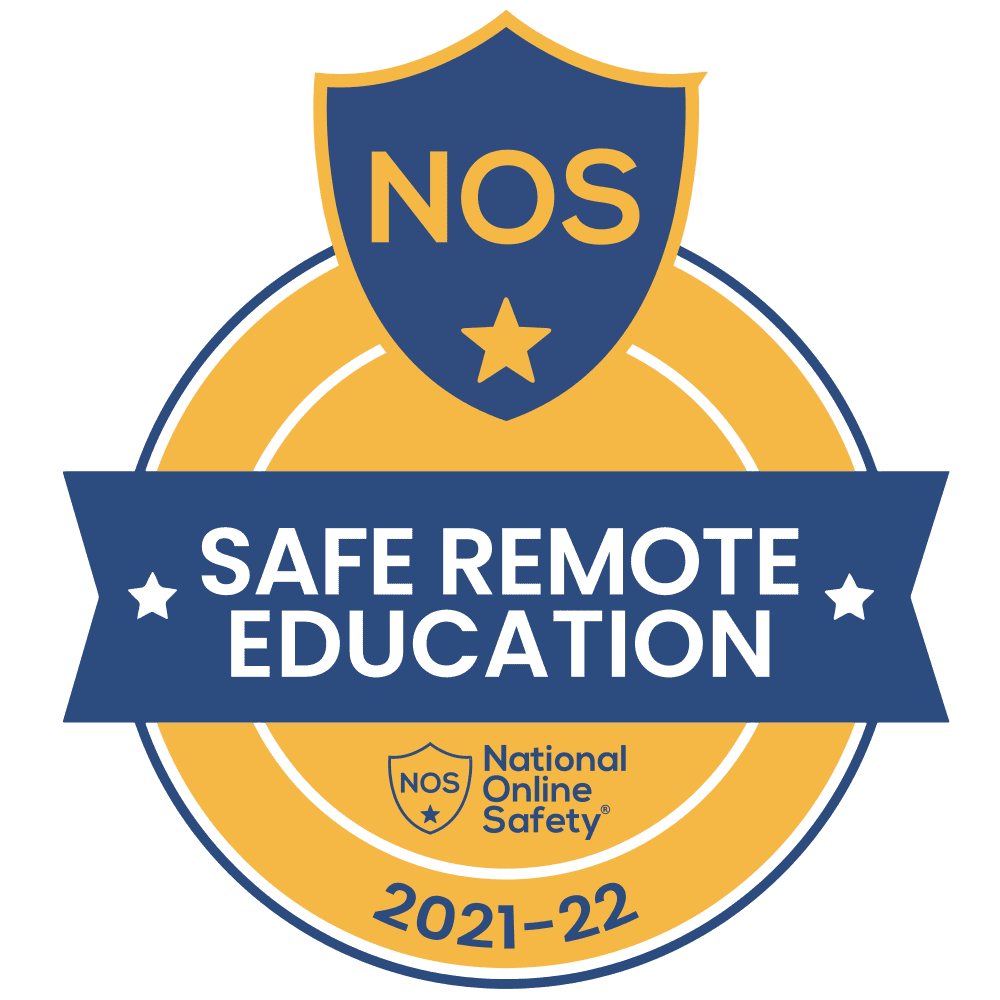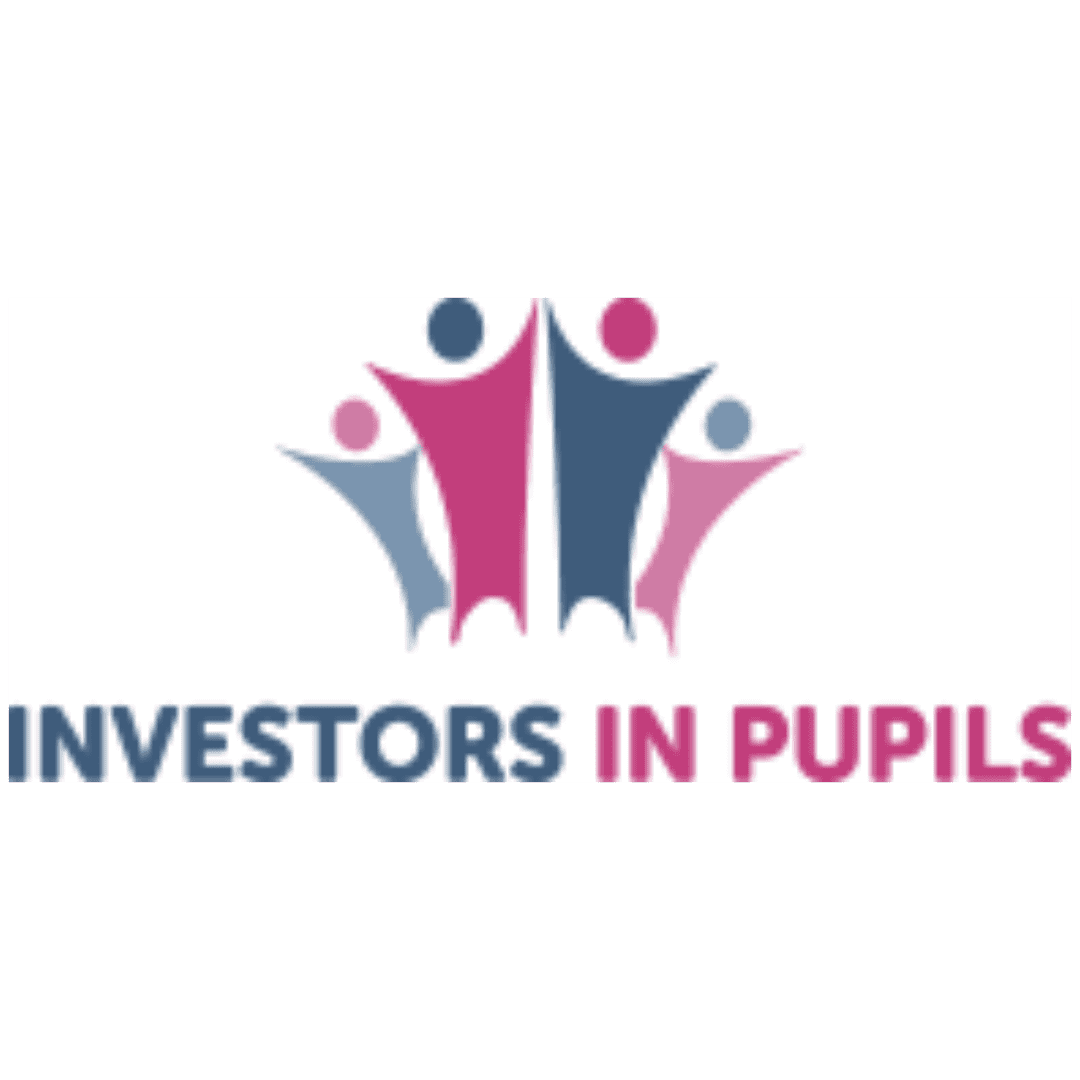Intent
We aim to provide children with a literary-rich environment, which builds a love of reading and writing, and in turn makes them into avid readers.
Wainwright Primary Academy has a bespoke literature spine, which begins in early years through to year 6, which has the purpose of gluing knowledge from across the curriculum together and providing our children with cultural capital. These core texts were chosen to be aspirational in terms of complexity and subject matter, provide a rich, immersive experience as a reader and representative our community’s diversity.
We are committed to providing an English curriculum, which ensures children:
- gain a life-long enjoyment of reading and books;
- read accurately, fluently and with understanding;
- apply a knowledge of structured synthetic phonics in order to decode unfamiliar words with increasing accuracy and speed;
- are able to read with expression, clarity and confidence;
- develop a good linguistic knowledge of vocabulary and grammar;
- read and respond to a wide range of different types of texts;
- develop a deeper level of emotional intelligence and empathy; and
- read fluently, and with confidence, in any subject in their forthcoming secondary education.
Implementation
Through the delivery of our reading curriculum we ensure a consistent and robust teaching and learning of early reading and phonics in foundation stage and key stage 1, so that children are able to read with increased speed and fluency and access the wider curriculum. We follow the Read Write Inc. scheme. Children are provided with books that match and support their phonics development and ability.
We provide a communication and text rich environment, in order to encourage a positive culture of reading throughout all classes and promote reading for pleasure. Children enjoy listening to books during class story time. Through high-quality teaching and learning experiences, we develop children’s skills and competence so that they are fluent readers who can read to learn. Whole class shared reading is used throughout the school to enable all children to share high quality texts and develop skills in reading comprehension and fluency. Children have regular opportunities to develop and apply their reading skills through the wider curriculum.
For the children that require additional intervention to close attainment gaps we also use the following interventions:
- RWI phonics interventions
- specialist English as an additional language (EAL) teaching, which includes the use of Flash Academy
- Launchpad to Literacy
Home reading
Children are strongly encouraged to read at home. All children take home a regular reading book. Depending on their stage or progress, these reading books may be either a book from the Read Write Inc. phonics scheme or a book from the academy’s library with a mixture of fiction and non-fiction. This is to ensure that the children have access to a wide range of titles and genres. We aim to swap these books at least twice per week. Children in key stage 2 choose books from a class set guided by the teacher. Parents have a home/school reading book, in which they make comments about their children’s reading. This book is also used as part of a reward system to motivate children to read at home.
“A good teacher brings words alive. In some ways, teachers are the guardians of our language – the well-turned phrase, the beautifully constructed argument, the story that will stay in the mind for ever…” Pie Corbett
Phonics
The result of phonics teaching at our academy will be that children will have a secure knowledge of phonics, enabling them to become confident readers, making expected progress or more, with a life-long love of reading.
Children will be able to apply their phonic knowledge to confidently spell many words either correctly or phonetically using the sounds they have learnt. They will know spelling alternatives for different sounds and be able to apply these consistently.
Reading
All children will be able to read with accuracy, speed, confidence, fluency and understanding, ready to access the secondary school curriculum. All children will make at least good progress from their starting points. Children develop a life-long enjoyment of reading and books.
Writing
By the time children reach year 6, we want them to be able to write effectively for any given purpose. This means that as they move onto further education they will have the skills required to write successfully for any given purpose.




